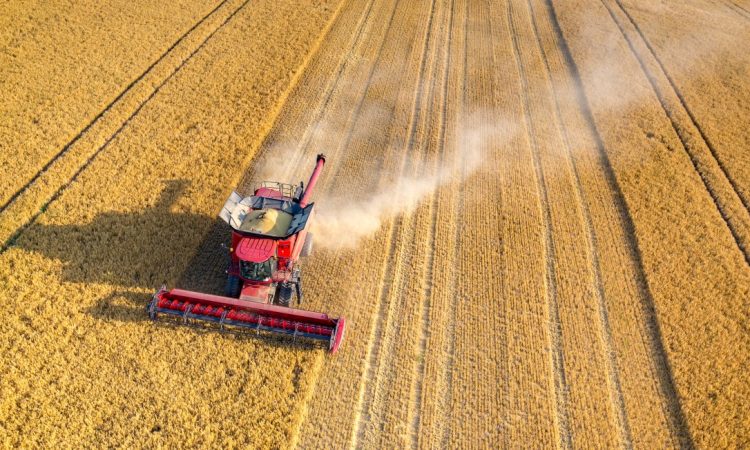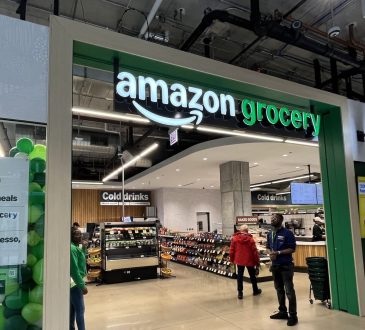
“About 80% of our calories come from imported food, especially cereals, which is the basic for what we eat, but also what livestock..so if we don’t have cereals then we don’t have milk. We don’t have meat, we don’t have eggs, ok? And we hardly produce any in Israel. We produce less than 10% of what we consume.”
As Israel continues its fight across multiple fronts, a new threat looms over the nation’s survival—its food supply. Nearly a year after ongoing hostilities escalated, Israeli agriculture faces an unprecedented crisis. With farmers leaving their fields to answer the call to arms, the nation’s ability to feed itself is at risk.
Since the devastating October 7th attacks, about 90 percent of Israeli farmers have reported severe damage to their land, equipment, and livestock. The situation has worsened as foreign workers have fled, and many farmers, who double as reservists, have been evacuated from conflict areas. This disruption leaves vast tracts of farmland untended, jeopardizing the country’s food production.
Dr. Liron Amdur, an agricultural researcher, expressed grave concerns. “Agriculture in Israel is in danger because most of the fields are on the borders,” she told CBN News. Her remarks came during a hastily convened conference on Israel’s food security, where experts, including Yoel Zilberman of Hashomer Hachadash, raised alarms about the vulnerability of Israel’s food supply chain, which is highly dependent on imports.
Zilberman, co-founder of Hashomer Hachadash, pointed to disruptions at major ports like Haifa and Ashdod, exacerbated by the closure of a key port near Eilat due to Houthi activity. “The risk is very, very high,” he said, highlighting the nation’s reliance on imports from Ukraine, Turkey, and Jordan for essential food supplies.
The crisis is compounded by Israel’s low domestic food production, especially in cereals. According to Amdur, “80% of our calories come from imported food,” leaving Israel dangerously exposed if supply chains collapse. The country scores a troubling zero on the Global Food Security Index for its commitment to food security policy and accessibility.
A long-term decline in Israeli agriculture has added to the problem. Over the last 20 years, the agricultural sector has lost 10,000 farmers, with Zilberman attributing this to the collapse of the kibbutzim system and a national pivot toward technology startups.
However, the crisis has also inspired a resurgence of support for farmers. Hashomer Hachadash has mobilized over a quarter of a million volunteers to assist in farming efforts. Schoolchildren are also stepping in, working part-time on commercial farms as part of their education, ensuring that agriculture remains a key part of Israel’s identity.
Looking ahead, Zilberman emphasizes that Israel’s future lies in technological innovation. “We need to make a very, very fast move to ensure Israel will be food independent,” he stated, pointing to the role of AI and other advancements in modernizing the nation’s agricultural systems.
The stakes are high, and the need for rapid transformation has never been more urgent. For Israel, the battle for food security is now a matter of survival.





